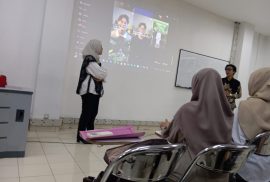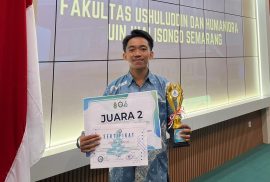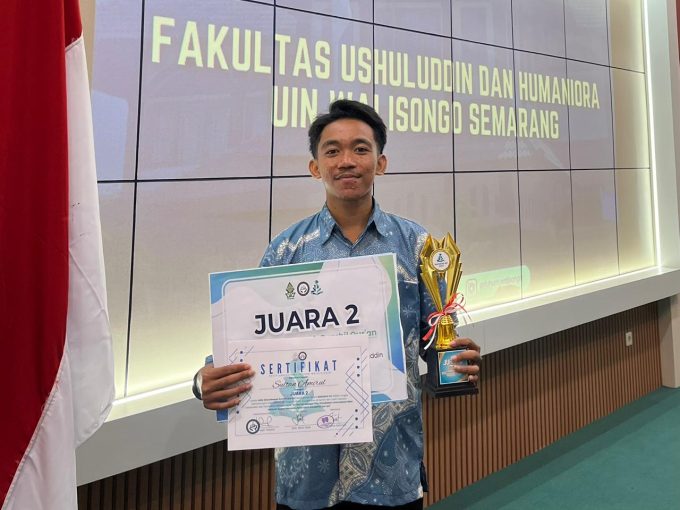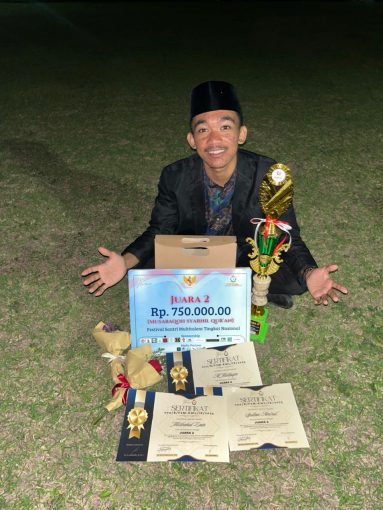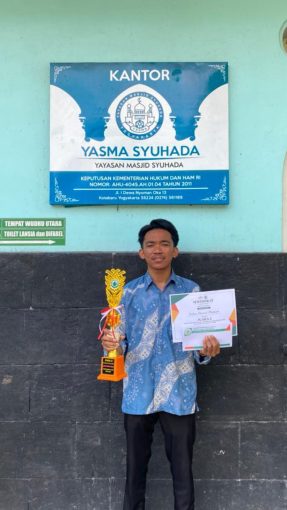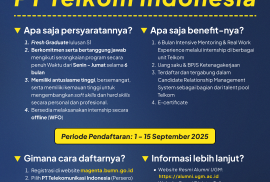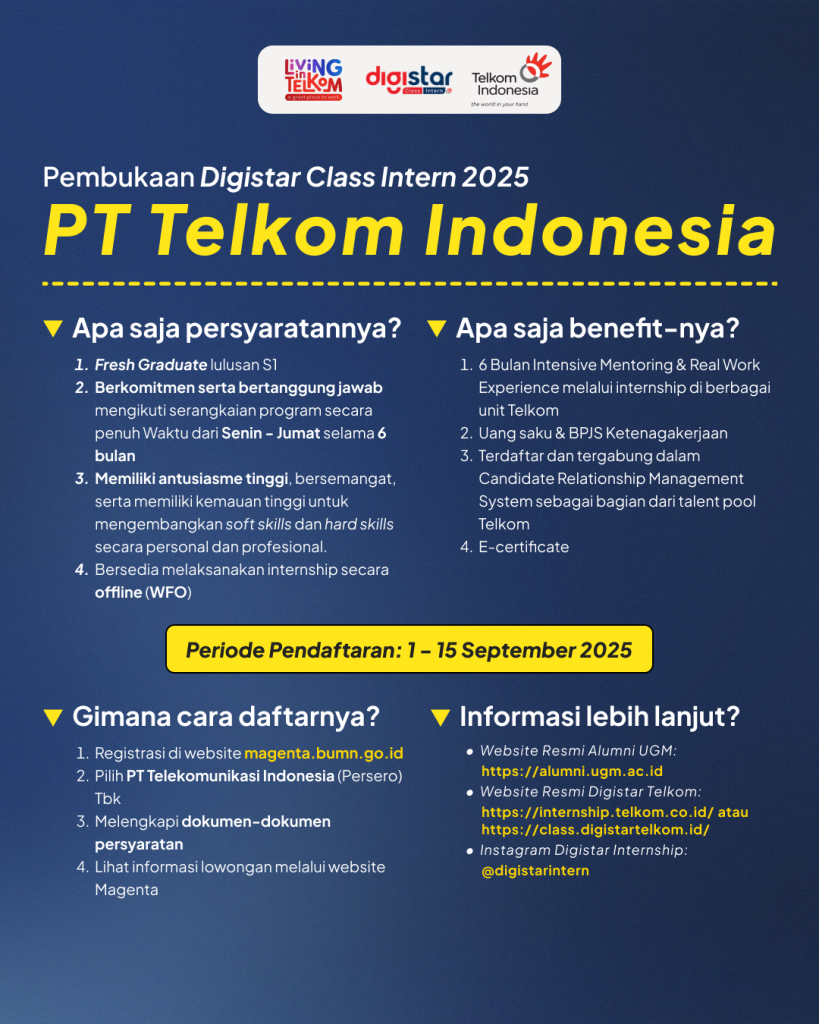Arabic Study Program UGM Students Learn Digital Promotion Strategies in the Ninth Entrepreneurship Class
AcademicBerita (inggris)LectureStudent Activity Thursday, 30 October 2025
Arabic Study Program UGM Students Learn Digital Promotion Strategies in the Ninth Entrepreneurship Class
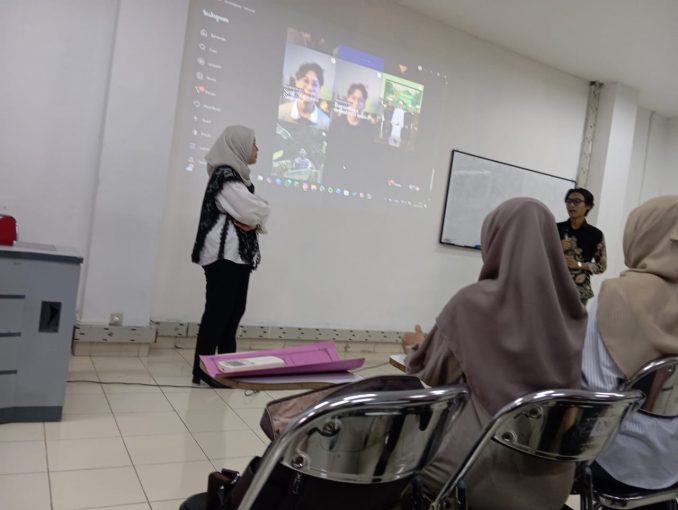
Yogyakarta, October 27, 2025 – The Arabic Study Program, Faculty of Cultural Sciences, Universitas Gadjah Mada, continued its Entrepreneurship course series with the ninth session, featuring an inspiring guest speaker, Reisa Nurma Boruregar, S.S., a young entrepreneur, digital marketing practitioner, and proud alumni of the study program. In this session, Reisa delivered a lecture titled “Developing Entrepreneurship through Digital Promotion,” which focused on strategies for marketing, branding, and leveraging digital media to build sustainable businesses.
Reisa began the lecture by sharing her personal journey of starting a business from scratch, from selling products through BlackBerry Messenger to managing multiple ventures such as ReisaGarage, Jogja Nasi Bento, and Layana Indonesia. She emphasized the importance of adaptability to changes in social media algorithms and digital trends. According to her, one of the most common mistakes entrepreneurs make is their reluctance to evolve with technology and digital advertising trends, even though these are crucial to maintaining business relevance in today’s market.
Students were guided to understand how to choose the right sales platforms, identify target markets, and find products and suppliers aligned with consumer demand. Reisa also introduced various digital tools that can be used for market research, identifying trending products, and analyzing high-performing content on platforms such as TikTok and Shopee.
The session also explored effective digital marketing strategies, both paid and unpaid. Reisa explained that paid promotions could include collaborative content (collab posts), endorsements, affiliate marketing systems, and paid digital advertisements. Meanwhile, unpaid promotions could be optimized through organic content that is relatable, entertaining, inspiring, informative, visually engaging, and encourages audience interaction.
In addition to promotional strategies, Reisa also discussed the importance of setting realistic pricing structures based on production, operational, tax, commission, and profit margin considerations. Students were encouraged to think strategically about pricing and sales targets to achieve sustainable business growth.
Through this session, Arabic Study Program students not only learned about digital marketing techniques but also discovered how creativity and digital literacy can be transformed into tangible economic strength.
This course actively supports the achievement of the Sustainable Development Goals (SDGs), particularly SDG 4 (Quality Education) by providing practical entrepreneurial education, SDG 8 (Decent Work and Economic Growth) by fostering tech-savvy young entrepreneurs, and SDG 9 (Industry, Innovation, and Infrastructure) through the application of digital innovation in developing competitive and sustainable business models.
Author: Muhammad Ardiansyah
#SASTRAARAB
#SASTRAARABUGM
#FIBUGM
#SDGs4:QualityEducation
#SDGs8:DecentWorkandEconomicGrowth
#SDGs9:Industry,Innovation,andInfrastructure

